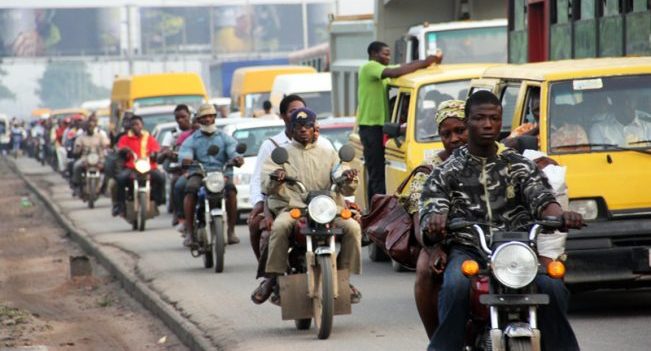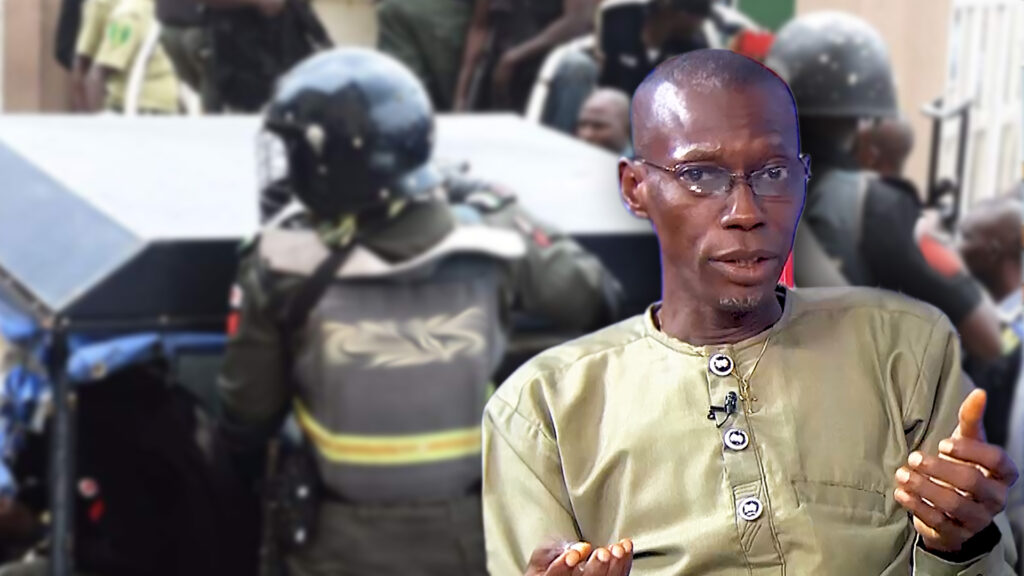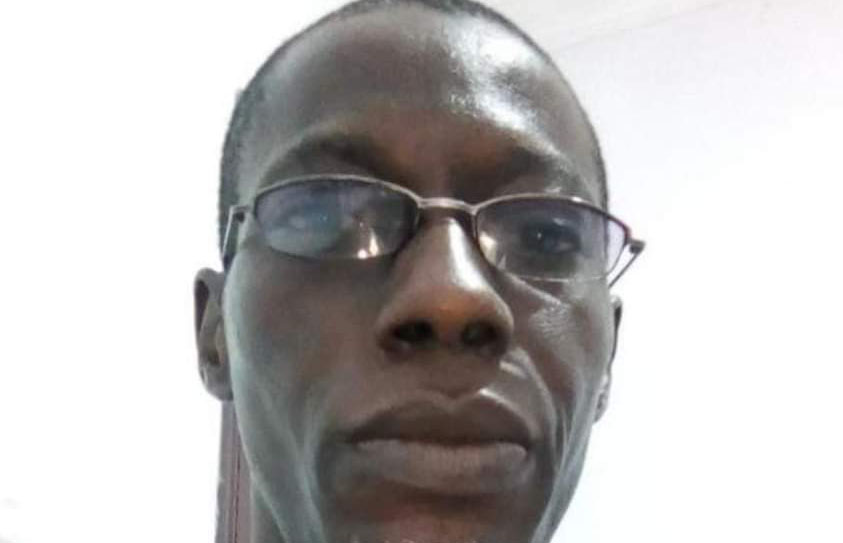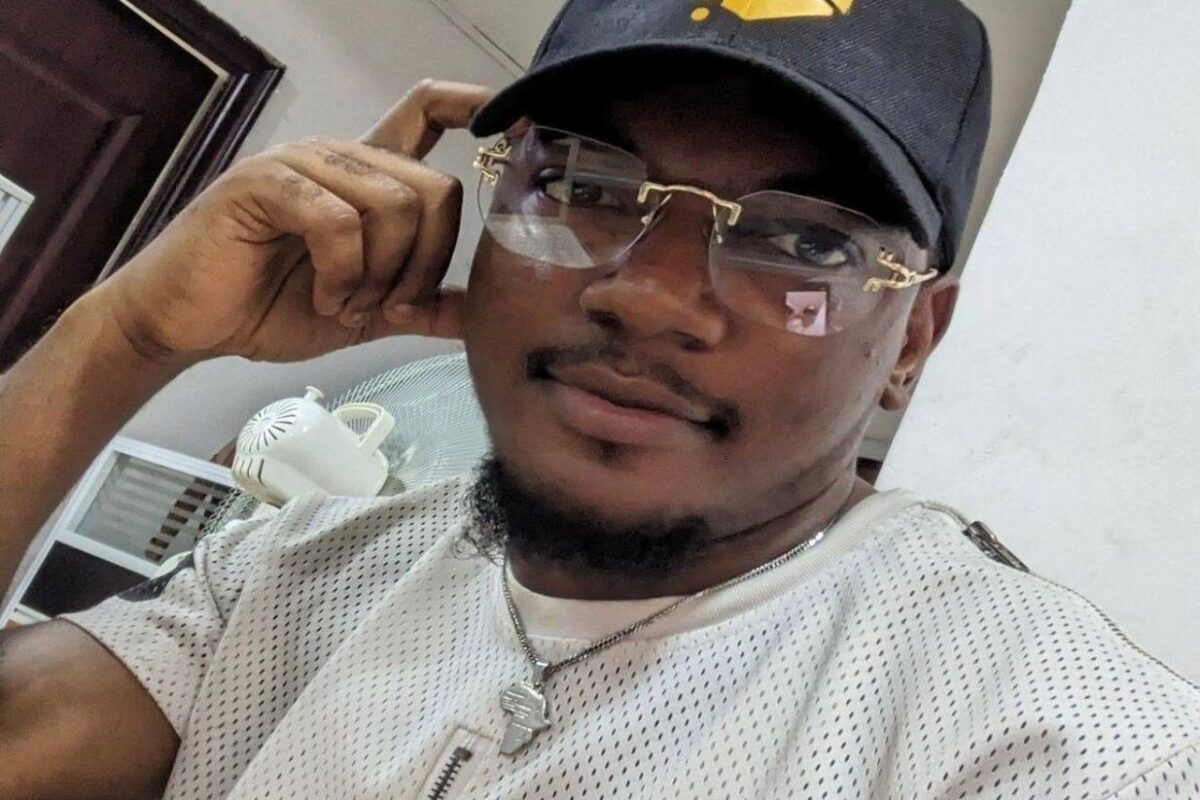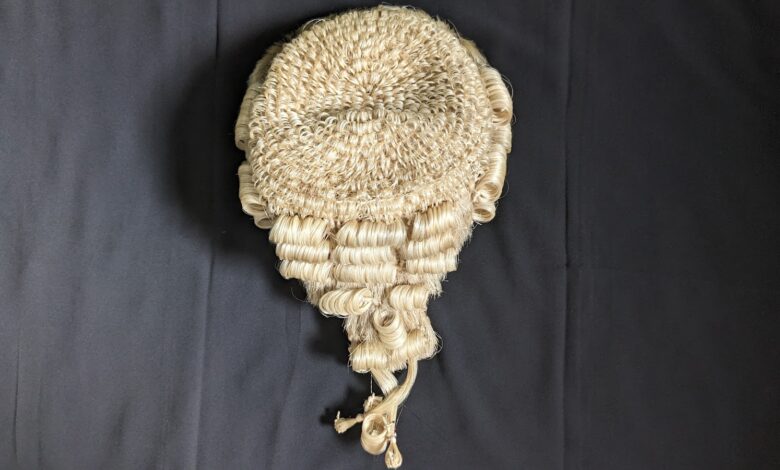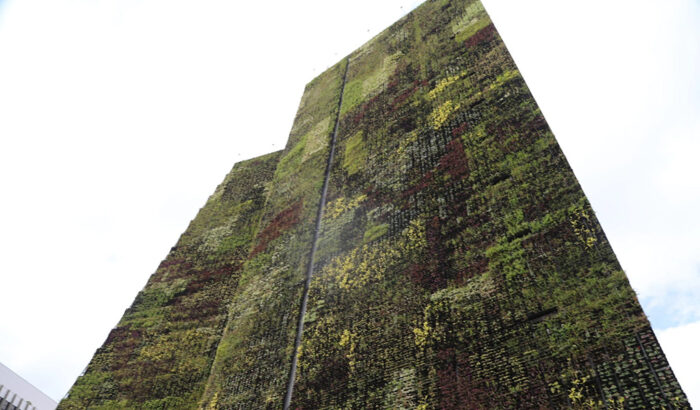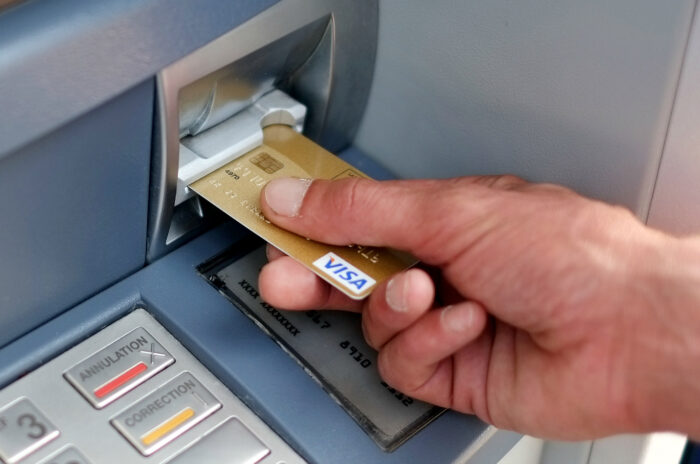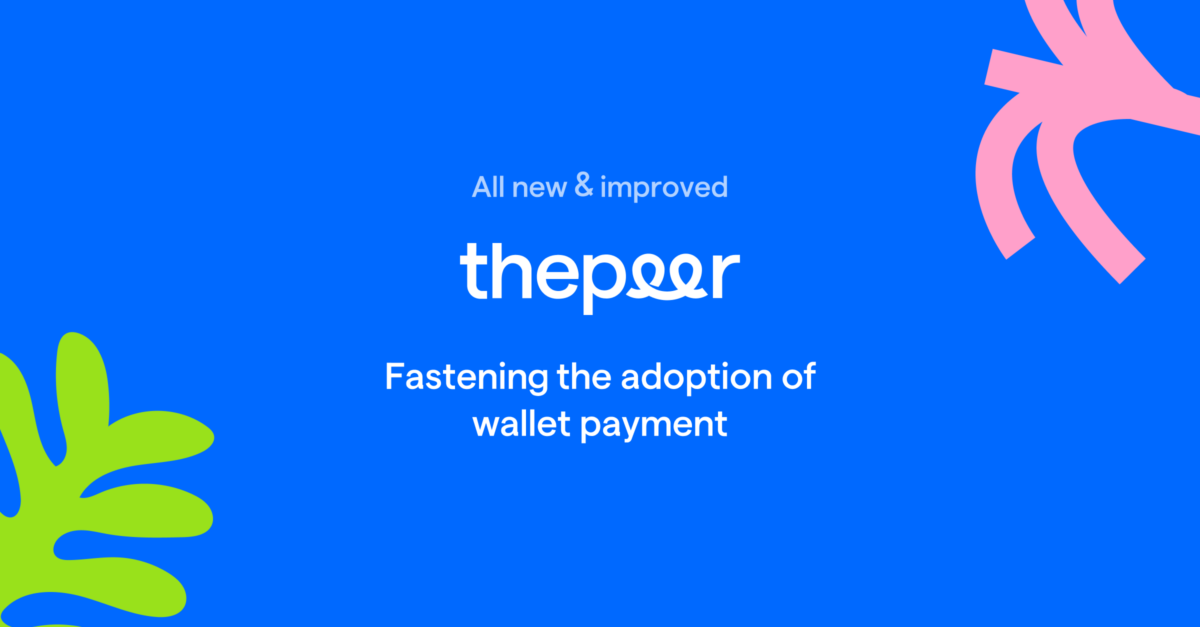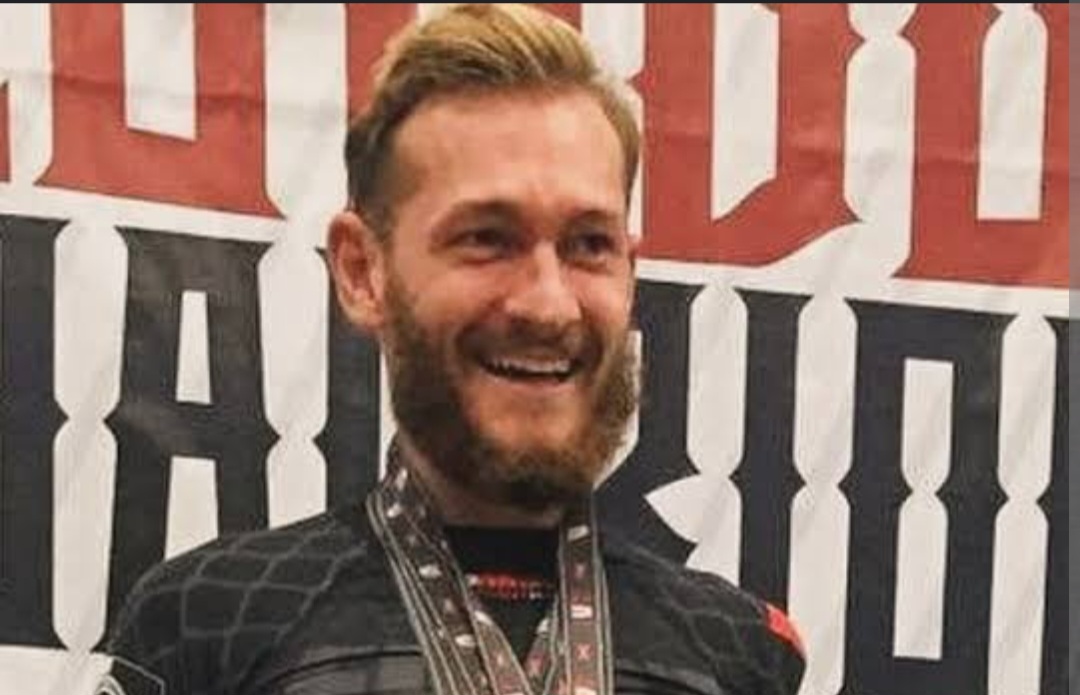Lagos State Governor, Babajide Sanwo-Olu, in May, banned Ikeja, Surulere, Eti-Osa, Lagos Mainland, Lagos Island, and Apapa from operating the commercial motorcycles popularly known as okada.
Similar prohibition was yet to take effect in four other local government areas – Shomolu, Kosofe, Oshodi-Isolo, and Mushin – on September 1.
A walk into the inner parts of Gbagada, one of the areas affected by the ban, on the eve of September 10, however, brought to question whether or not the “indefinite and total” ban of commercial motorcycles was duly enforced.
Within 6 pm and 7 pm, dispatch riders, especially the not-so-popular ones, were breathtakingly colourful and spectacular.
Speedaf, Robof, Move, Tripple, Gokada, Dodo and Pizza, Logistics, Carry Go, Domino’s Pizza, and Jumia competitively fluttered into the breeze in a bid to beat deadlines and traffic.
‘NOT RIGHT AND PROPER’
A father of four had been in the commercial motorcycle business for some time now. He lamented the disproportionate measures the Lagos State Government meted towards curbing crimes and social vices.
“There are milder ways the government could deal with us. Yes, I agree that some of us are reckless and careless when riding. But regardless, the righteous does not have to take part in the punishment of the sinner,” the man, who simply identified as Sesan, told FIJ.
“It has not even come to that for us to be jailed for three years on citing any violation.
“They shouldn’t have so come like a thief upon us. They should have given us some time to get our hands on other things since they can’t provide us alternatives.”
Asked what he thought about dispatch riders who were still operating, Sesan said it revealed how unfair and partial the government could be when implementing policies.
“You say you banned okada from operating, but some are still working. Some are still delivering goods from door to door, as if it’s not the same okada we all are riding, as if it’s not this money everyone one of us wants to make, as if they can’t commit the supposed crimes we commit,” Sesan said.
“We are supposed to be very careful when saying citizens shouldn’t do certain things. You see, the government has given room for more harm and hazard, especially from these dispatch riders, whose speed alone is a threat to the community.
“The government honestly has to look into this. Leaving one section out of the policy is not right and proper.”
OKADA RIDERS VS TERRORISTS
“We are increasingly being seen as number one evil in society. We love doing things sometimes without the care and interest of the people we are leading at heart. Within the space of four months, you have banned okada riders from 10 solid local government areas. That’s grossly unfair. I think restriction is better than banning, because, merely looking at it, not all areas are prone to danger.”
This is coming from Abu Daodu (not real name), in a palmwine shop.
He was painfully telling a group of four men how ridiculously his friend’s commercial motorcycle was priced at N150,000.
With a handful of financial support from fellow okada riders, he said, his friend, Mohammed, intended to switch to tricycle operation in order “to feed himself and send money to his north-based family”.
“I don’t just know maybe it’s a way of sending us back to our homeland,” Daodu said. “Most us riding okada are Hausa. Maybe the government thinks we are the terrorists or Boko Haram and that’s why they are stopping us,” he said.
“Little threat do okada riders pose to our present society than terrorists.”
‘IDLE HANDS, DEVIL’S WORKSHOP’
“Assuming okada riders are working,” Bisola Atanda said, “I would have boarded a bus and found my square root.”
Atanda, a 29-year-old civil servant, stated that the government should understand that there are very remote areas in Lagos, where only the okada riders could convey one into.
“So what would happen to people whose jobs are in those places?” She asked.
“It’s a very serious matter the government should treat seriously. While the government is ensuring to save and protect lives and property, the government equally is denying very well-meaning Lagosians of their daily bread.
“The idle hands are the devil’s workshop. There’s really nothing one would not do nowadays to survive. I think the government might want to have a rethink to strike a balance in this agenda so that we don’t fuel the fire of insecurity ravaging the country.”
THE HORSE’S MOUTH
Temitope Dada (not real name), a thirty-something-year-old dispatch rider with Gokada, said his experience as an okada rider had been shockingly topsy-turvy.
“As an okada rider,” he said, “you are faced with pressures and threats from different angles.”
“Is it the N200 you have to pay the police at every junction where they are stationed? Sometimes, before you get back home, you are practically left with nothing to sufficiently cater for yourself and family.
“That’s one reason I took up the delivery job because I knew my money would be secure.”
Dada traced the recent development on okada ban in Lagos to life-threatening incidents frequented on the highways, however.
He recalled one incident in Lekki where one sound engineer David Imoh, who was engulfed in an escalating row over a N100 balance, was killed and burnt by the motorcyclist.
“It was that same month Sanwo-Olu declared the first ban [on Okada] in six local government areas,” he said.
Asked if it was partial for the government to still let delivery riders work, Dada stated that it was the same okada they were riding and no one was immune to any form of crime or misconduct.
“I think the government should carry out a thorough research on local council development areas that are potentially life-threatening,” he said.
“There should also be some form of assessment training – say 6 to 12 months – where riders are certified not to endanger any life. The okada association in Nigeria can do more in this regard.”
Subscribe
Be the first to receive special investigative reports and features in your inbox.


